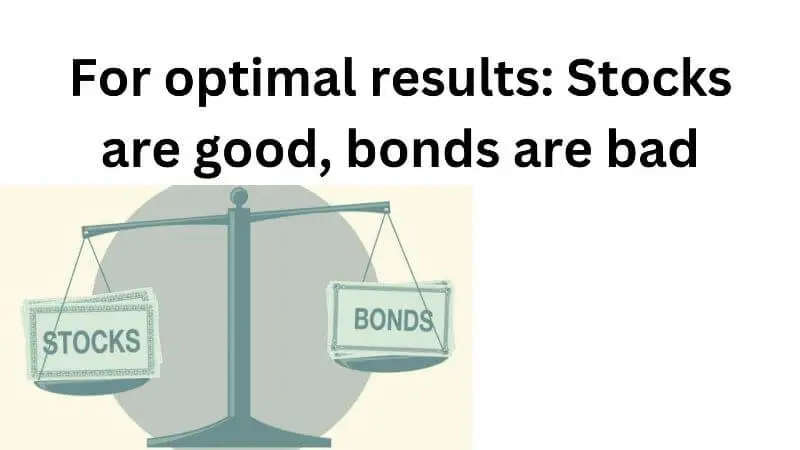
Anytime anyone consults a financial advisor, two things typically occur:
- The financial advisor tends to recommend their “in-house” products, which often come with high management expense fees ranging from 2-3%
- They inquire about your age and then miraculously present a fund tailored to individuals in your age group.
We’ve discussed point #1 in previous posts. Financial advisors invariably promote funds with high expense fees because they receive kickbacks known as trailer fees, which constitute a significant portion of their income. However, it’s important to note that these trailer fees come out of your pocket. It is in the financial advisor’s best interest to consistently suggest products that offer the most generous commissions.
Despite the fact that there are numerous low-cost index funds and ETFs that might be the best options for their clients, financial advisers seldom recommend them because they do not generate commissions. The success of investment advis0rs often depends on their clients’ lack of knowledge.
As for point #2, they are equally inadequate. The typical formula for selecting a stock-and-bond portfolio is to subtract your age from 100%. This implies that if you are 30 years old, your portfolio should consist of 70% stocks and 30% bonds. If you are 50 years old, the recommended allocation is 50% stocks and 50% bonds, and so on.
Is age really the most significant factor? What if I am already a millionaire? What if I am struggling to pay my rent? What if I am in good health? What if I am in poor health? These factors seem to be overlooked, as financial advisers simply refer to tables provided by their employers and assign clients to predetermined brackets from their sales manuals.
Historically, stocks have consistently outperformed bonds as an investment, but investing in bonds can create a false sense of security. In reality, bonds offer reduced volatility, but less volatility does not equate to lower risk. Over the long term, bonds are not less risky than stocks; they are simply less volatile.
The truth is that the more bonds you hold in your portfolio, the more you limit your growth potential. Why would anyone sacrifice their potential for earnings simply because they are older? When you are older and in need of your money the most, that’s precisely when you would want your money to work its hardest for you.
Here’s another aspect that concerns me. While it is commonly said that no one can predict the market and diversifying between stocks and bonds is prudent, there comes a point when you should set aside these rules of thumb and rely on common sense.
Conclusion
- Seek out a fee-only financial advisor. Avoid financial advisors who earn their living through commissions, as they tend to promote products that offer them the highest commissions.
- Consider excluding bonds from your portfolio, especially now, but ideally, never include them. Why settle for lower returns? Even in retirement, you likely want your money to continue growing.
 Alain Guillot is a part time event photographer, part time Salsa teacher, and part time personal finance blogger. He came to Quebec as an immigrant from Colombia. Due to his mediocre French he was never able to find a suitable job, so he opened a Salsa/Tango dance school and started his entrepreneurship journey. Entrepreneurship got him started into personal finance and eventually into blogging. Now he lives a Lean FIRE lifestyle and shares his thoughts in his blog AlainGuillot.com. This blog originally appeared on his blog and is republished here with permission.
Alain Guillot is a part time event photographer, part time Salsa teacher, and part time personal finance blogger. He came to Quebec as an immigrant from Colombia. Due to his mediocre French he was never able to find a suitable job, so he opened a Salsa/Tango dance school and started his entrepreneurship journey. Entrepreneurship got him started into personal finance and eventually into blogging. Now he lives a Lean FIRE lifestyle and shares his thoughts in his blog AlainGuillot.com. This blog originally appeared on his blog and is republished here with permission.



Alain forgets to mention potential losses in stocks along with the potential gains. Nothing is guaranteed.
Should be now, is it not?